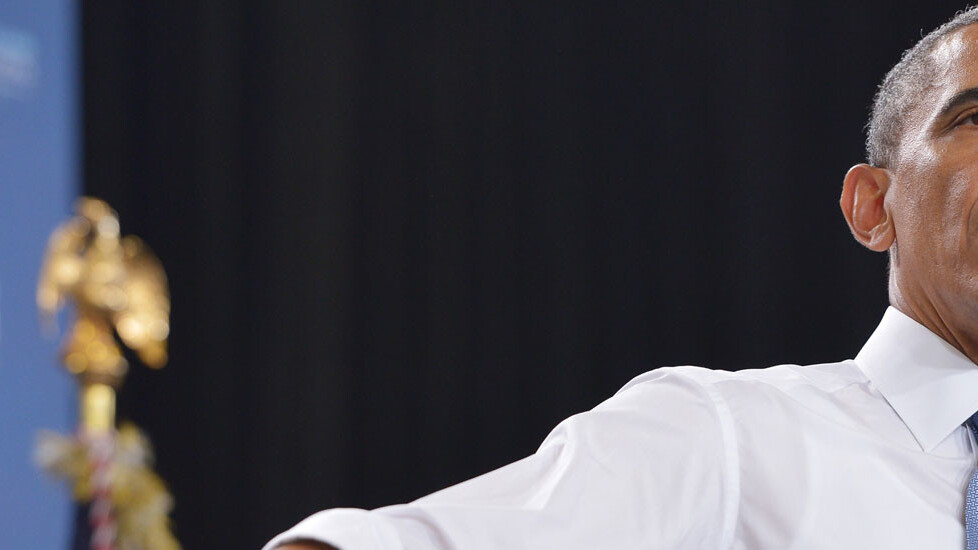
US President Barack Obama held a press conference on Friday to talk about sweeping reforms to be made following revelations of the National Security Agency’s Prism surveillance program. These new measures are intended to “increase transparency and restore public trust” in the government’s activities.
Four new measures
The president says that while as commander-in-chief, he has a duty to protect the security of the country. But it’s not enough for him to have confidence in the security program, the public must as well. In light of recent public leaks of the government’s programs, he has consulted with his national security team and others to reform the system. With that, he has unveiled four new steps to reform the system:
Work with Congress on the part of the Patriot Act on how they collect phone numbers
Having a dialogue with Congress and civil liberty advocates, he wants additional safeguards such as greater oversight, transparency, and constraints on the government’s surveillance authority.
Work with Congress to improve public confidence in the oversight of FISC
To build greater confidence, he wants reforms in how the Foreign Intelligence Surveillance Courts approves wiretapping and spy requests from the Obama administration, saying that sometimes the judges hear just one side of the story, focused on security, but not liberty and privacy. He also wants to take steps to ensure that civil liberties are protected and that government’s authority is challenged.
Greater transparency
President Obama ordered the Justice Department to be more public about its activities and release information about oversight. An internal NSA position will be created to focus on privacy to help ensure that Americans aren’t being spied on.
The intelligence community will also create a website to further this goal of educating the public on what the agencies are doing — set to be launched next week.
Forming group of outside experts to review entire program
Technology has given the government, and others unprecedented ability to track people and he is bringing on board an independent committee to review how surveillance technologies are being used, how to better protect civil liberties, and more. An interim report is expected to be released in the next 60 days and a final report by the end of the year.
Given the history of abuse by governments, it’s right to ask questions about surveillance by governments, particularly as technology is reshaping every aspects of our lives,
Nine weeks ago, Booz Allen Hamilton employee and NSA contractor Edward Snowden was the one who pulled back the shroud of secrecy around the program. President Obama defended the use by the government agency saying that it didn’t spy on any American citizens and that the public hasn’t been given the “complete story” behind what’s going on.
During the question and answer part of his press conference, President Obama said that Snowden is “not a patriot” and also said that there was other avenues for people whose conscience “questioned the government’s actions”. Prior to the leak, the president says he had signed an executive order granting protection to whistleblowers.
Following its disclosure, it was also revealed that many technology companies allegedly participated in providing the NSA access to customer data. The suspected parties include Facebook, Apple, Google, Microsoft, AOL, Dropbox, Yahoo, and others — all have denied direct involvement in the strongest words.
Whether this will have any sway in how the public thinks of its government and agencies remains to be seen. In a NBC/Wall Street Journal poll conducted last month, more than half of Americans surveyed believe that even though Obama claims the NSA won’t violate people’s privacy, the country is most likely going to drive off the deep end.
See related: PRISM: Here’s what you need to know about the US Internet monitoring scandal
Photo credit: MANDEL NGAN/AFP/Getty Images
Get the TNW newsletter
Get the most important tech news in your inbox each week.




